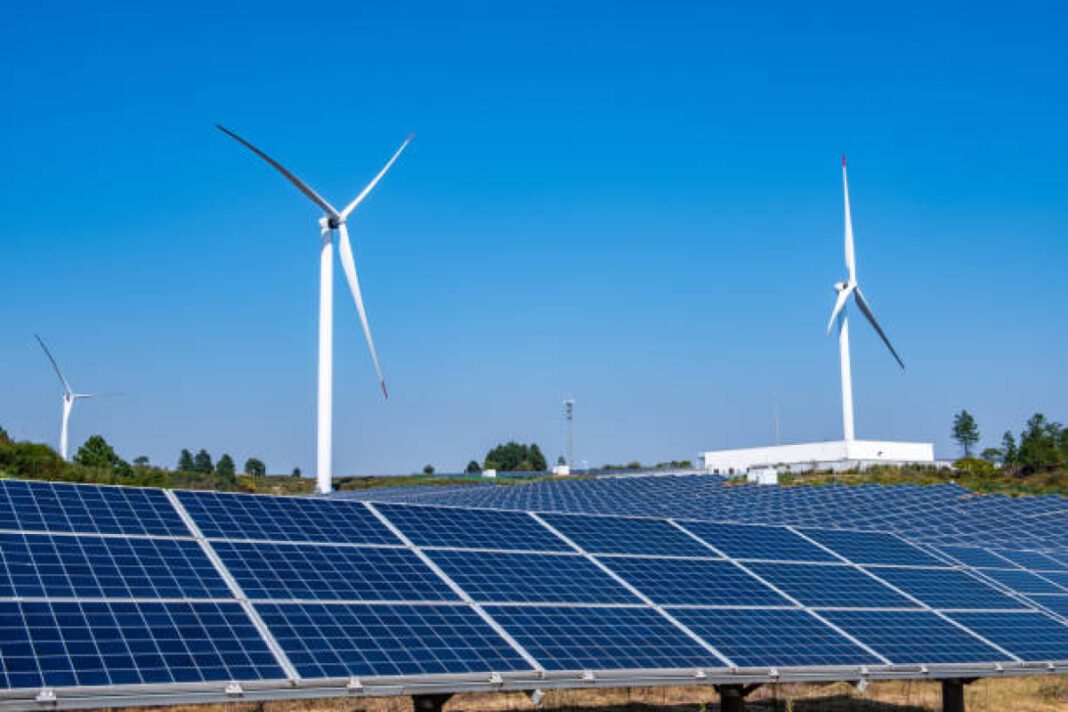India’s renewable energy capacity is predominantly concentrated in seven states—Andhra Pradesh, Gujarat, Karnataka, Maharashtra, Rajasthan, Tamil Nadu, and Telangana—comprising over 80% of the total installed capacity. This regional concentration also extends to other green industries, such as solar photovoltaic manufacturing, raising concerns about the sustainability and equity of India’s energy transition.
These insights were shared at a recent conference organized by the International Forum for Environment, Sustainability, and Technology (iFOREST). The event, which brought together national policymakers, state agencies, renewable energy industry leaders, and experts, addressed the growing regional disparity in renewable energy development and discussed strategies for a more balanced approach.
Chandra Bhushan, CEO and President of iFOREST, stressed the need for inclusive participation from all states to achieve India’s renewable energy, green hydrogen, and energy storage targets. He highlighted that equal participation would prevent excessive investments in grid infrastructure, promote equitable green growth, generate jobs, and enhance energy security. Bhushan called for significant policy reforms, such as the waiver of Inter-State Transmission System (ISTS) charges and new policies to encourage balanced growth.
Bhupinder Singh Bhalla, Secretary of the Ministry of New and Renewable Energy (MNRE), echoed these sentiments, emphasizing the need for equitable distribution of renewable capacity across the country. He noted that the scheduled phase-out of the ISTS waiver could support this, provided states improve ease of business, land availability, and transmission infrastructure for developers.
During the conference, iFOREST released two critical reports: “Decoding ISTS Charges Waivers: Implications on System Costs and Procurement Decisions,” which examines the effects of ISTS waiver on renewable electricity procurement and suggests eliminating these charges to ensure fair competition; and “Strengthening Renewable Energy Development Agencies in India,” which calls for bolstering renewable energy development agencies (REDAs) in states with lower clean energy investments, drawing on successful practices from other states.
The discussions are timely as the Union government considers developing a comprehensive energy transition policy. Stakeholders at the conference advocated for less land-intensive technologies like floating solar, rooftop solar, and agri-photovoltaics to ensure ecological security and scale adoption. They emphasized that policy clarity and guidance are essential for these technologies to be implemented effectively.





